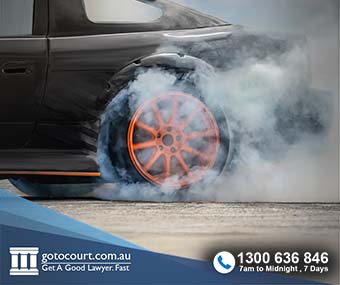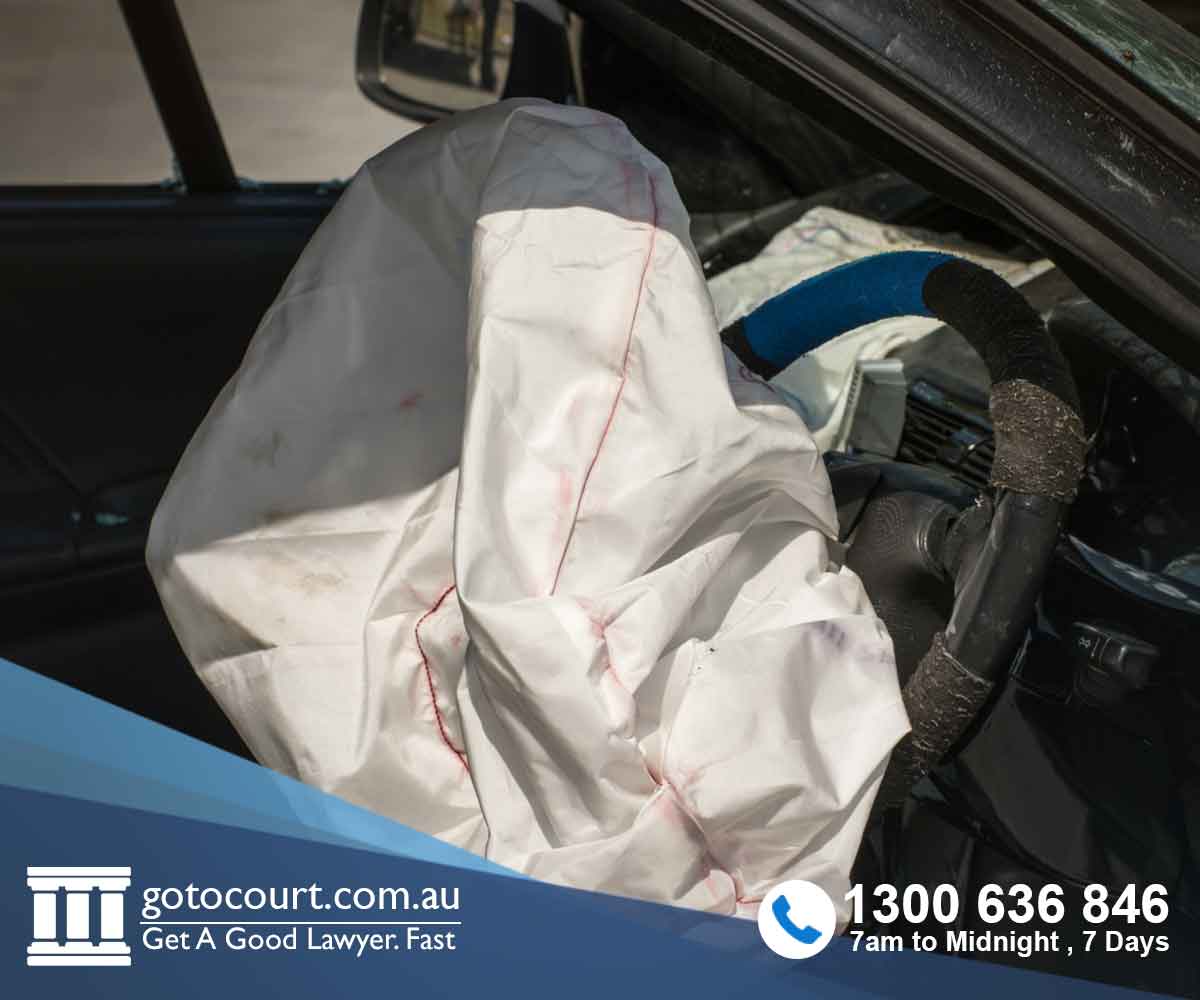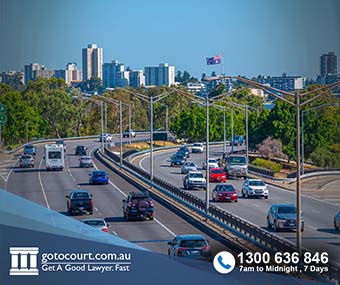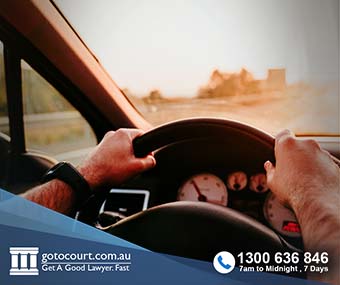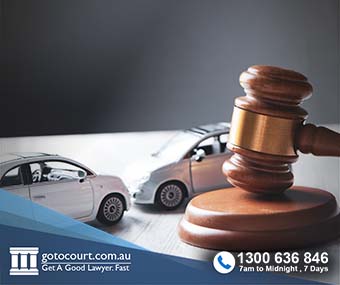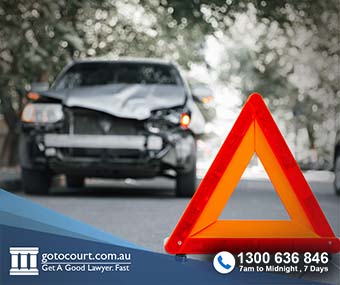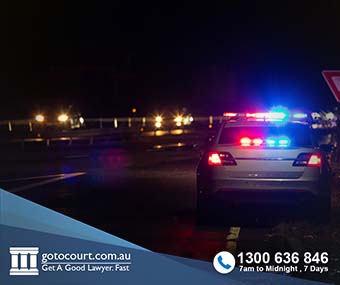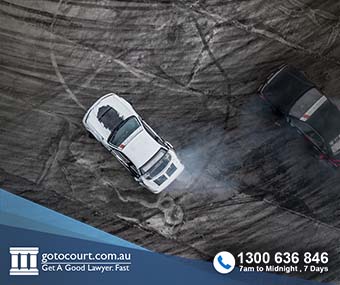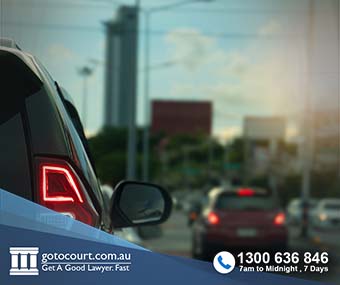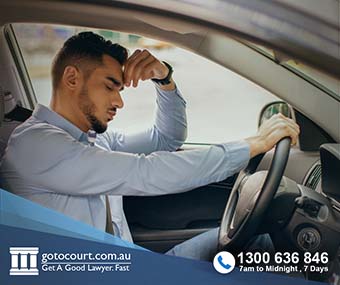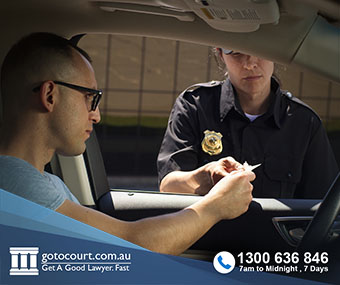Tasmania Traffic Law
In Tasmania, traffic offences are contained in the Traffic Act 1925 and in the Criminal Code 1924. A finding of guilt for a traffic offence can result in a fine, a term of imprisonment and disqualification from driving, as well as the accrual of demerit points. Traffic offences may be dealt with by way of infringement notice or by way of summons to attend court.
Demerit points for traffic offences
Drivers in Tasmania have demerit points recorded against their licences when they commit traffic offences. Demerit points are recorded from the date of the offence and expire three years later (for drivers on full licences) and 12 months later (for provisional and learner licence holders). Demerit points can also be recorded against unlicensed drivers, who can be disqualified from obtaining a licence for a period of time as a result.
A person on a full licence may accrue 12 demerit points before they face a period of suspension. A learner or provisional licence holder will face suspension after accruing four or more demerits.
Good behaviour period in Tasmania
When a person is given a notice that their licence is going to be suspended for accumulation of demerit points in Tasmania, they may be given the option to continue to drive on their existing licence subject to the period of good behaviour.
A person only has 21 days from receiving the notice to elect to take this option. Failing to do so will result in their licence being suspended on the nominated date. If a driver elects to have a good behaviour period, they will be notified within 10 days that the application has been approved. During this period if they commit a traffic offence which results in one or more demerit points their licence will be suspended for twice the initial period of suspension.
Traffic infringements
When a traffic infringement is issued in Tasmania, the offender receives demerit points and a fine, which they have 28 days to pay. The driver may either accept responsibility for the offence and pay the fine or elect to have the matter dealt with by a court. If they fail to take any action, they will be deemed to be convicted of the offence and an enforcement sanction will be imposed. This will result in further fees on top of the original fine.
An enforcement sanction may also include suspending your driver’s licence; suspending the registration of your vehicle; publishing your details on the MPES website; or issuing an enforcement warrant to impose a charge on any land you own, seize and sell property, or garnish wages.
Summons to attend court for traffic offences
If you are summonsed to attend court for a traffic offence, you must attend court and a warrant may be issued for your arrest if you fail to appear. At court, you can choose to plead guilty or to contest the charge. If you plead guilty, you may be sentenced on the spot, or the matter may be adjourned to a later date for sentencing. Your sentence may be a fine or a term of imprisonment as well as disqualification from driving.
Really serious traffic offences such as causing death by dangerous driving under section 167A of the Criminal Code 1924 carry a maximum penalty of 21 years imprisonment and must be committed to the Supreme Court for finalisation there.
If you require legal advice or representation in any legal matter, please contact Go To Court Lawyers.
Recommended Resources
Traffic Law In Tasmania
Serious Traffic Offences in Tasmania
Heavy Vehicle Traffic Offences in Tasmania
Failing to Stop for Police in Tasmania
Driving Whilst Suspended in Tasmania

